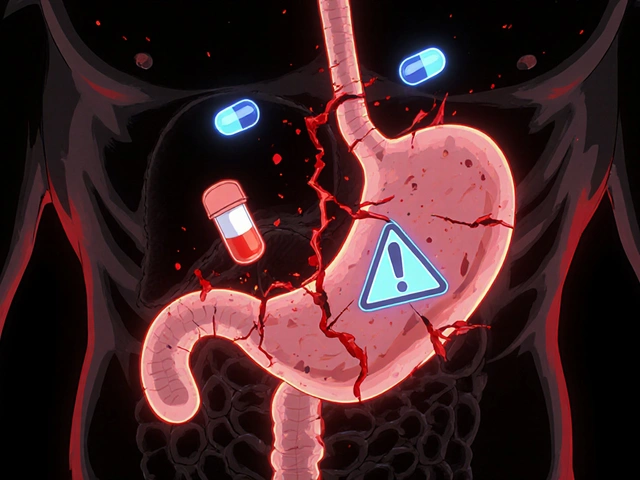Cognitive Decline
When talking about Cognitive Decline, the gradual reduction in mental abilities like memory, focus and problem‑solving that often shows up with age or disease. Also known as mental decline, it affects everyday tasks, from remembering a grocery list to managing finances. Memory loss is a core symptom, and it usually signals that the brain’s networks are under stress. This stress can come from Neurodegeneration, the slow death of nerve cells that fuels conditions such as Alzheimer’s and other forms of dementia. Understanding how these pieces fit together helps you spot early changes and react before they snowball.
Key Factors and Practical Tips
One of the biggest drivers behind cognitive decline is vascular health – high blood pressure, diabetes and smoking all shrink tiny brain vessels, cutting off oxygen and nutrients. Lifestyle interventions, like regular aerobic exercise, a Mediterranean‑style diet, and adequate sleep, have been shown to slow or even reverse some of the damage. Think of exercise as a treadmill for your brain: it pumps fresh blood, clears out toxic proteins and triggers growth factors that repair neurons. Nutrition matters, too; foods rich in omega‑3 fatty acids, antioxidants and B‑vitamins provide the building blocks for healthy synapses. Finally, mental engagement – puzzles, learning new skills, or social interaction – keeps neural pathways active, making them harder for disease to hijack.
Assessing cognitive health early is a smart move. Simple screening tools such as the Mini‑Mental State Examination or the Montreal Cognitive Assessment give a quick snapshot of where you stand. If a test flags trouble, doctors may suggest medication, cognitive therapy, or referrals to specialists. Medications can target specific pathways – for example, cholinesterase inhibitors aim to boost communication between brain cells, while newer drugs focus on reducing amyloid plaques linked to neurodegeneration. Regardless of the approach, the goal stays the same: preserve function and quality of life. Below you’ll find a curated set of articles that break down the science, compare treatments, and share actionable tips to help you manage and possibly slow cognitive decline.

Donepezil and Brain Health: Essential Facts You Should Know
- Date: 24 Oct 2025
- Categories:
- Author: David Griffiths
Learn how donepezil works, its benefits for brain health, side effects, dosage, and alternatives, plus practical tips to support cognition.



